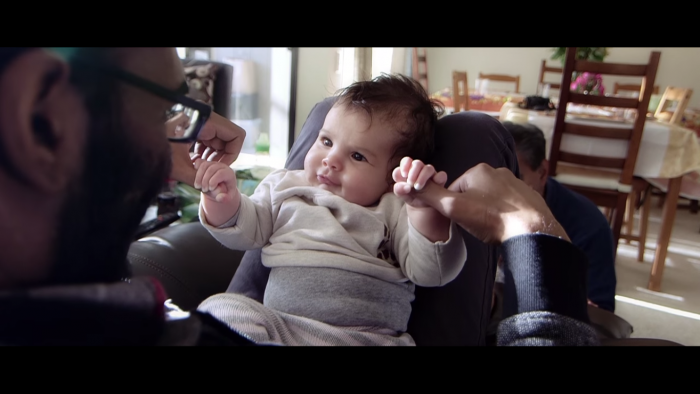How 37-year-old Dr Paul Kalanithi dealt with his own terminal cancer will break your heart
He usually saw death in the white and blacks of a CT scan. For, he was a neurosurgeon at Stanford used to deciphering life sentences in two syllables – “cancer”.
This time too what he read off the scan was not very different, that ‘emperor of maladies’ again. But there was a difference, the scan he peered into and uttered the dreaded word, was his own.
He describes the moment in an essay he wrote in the New York Times in January last year:
“AS soon as the CT scan was done, I began reviewing the images. The diagnosis was immediate: Masses matting the lungs and deforming the spine. Cancer. In my neurosurgical training, I had reviewed hundreds of scans for fellow doctors to see if surgery offered any hope. I’d scribble in the chart “Widely metastatic disease — no role for surgery,” and move on. But this scan was different: It was my own.”
Paul Kalanithi, was the chief resident of neurological surgery at the Stanford University. And, he was too young to die. He was just 37. But in the truck with cancer, youth is no stranger, nor is being a healer of maladies.
But, what is out of the ordinary is how remarkably Kalanithi dealt with impending death. Faced with the fleetingness of life and imminent mortality he turned to his first love, writing, to unburden his soul.
And with a rare poignancy and grace he articulated the surreal nature of his experience — living between hope and despair, how things ultra normal before life events now.
In the same essay in the New York Times cited above, he wrote of his daily battles.
“The path forward would seem obvious, if only I knew how many months or years I had left. Tell me three months, I’d just spend time with family. Tell me one year, I’d have a plan (write that book). Give me 10 years, I’d get back to treating diseases. The pedestrian truth that you live one day at a time didn’t help: What was I supposed to do with that day? My oncologist would say only: “I can’t tell you a time. You’ve got to find what matters most to you.
I began to realize that coming face to face with my own mortality, in a sense, had changed both nothing and everything. Before my cancer was diagnosed, I knew that someday I would die, but I didn’t know when. After the diagnosis, I knew that someday I would die, but I didn’t know when. But now I knew it acutely. The problem wasn’t really a scientific one. The fact of death is unsettling. Yet there is no other way to live.”
See this video of his battle with cancer.
In the meantime, a daughter was born to him. Moments which lighten his load. “A brightening newness surrounds her. As she sits in my lap smiling, enthralled by my tuneless singing, an incandescence lights the room…I hope I’ll live long enough that she has some memory of me. Words have a longevity I do not”, he wrote.

He even wrote the infant a note:
“When you come to one of the many moments in life when you must give an account of yourself, provide a ledger of what you have been, and done, and meant to the world, do not, I pray, discount that you filled a dying man’s days with a sated joy, a joy unknown to me in all my prior years, a joy that does not hunger for more and more, but rests, satisfied. In this time, right now, that is an enormous thing.”
Dr Kalanithi died this Monday, March 9.
His writings and his story of courage won him many admirers, most themselves cancer patients, who wrote to him to say how his writings and his example helped them understand and clarify their own position.
His essays are being used in some medical colleges to teach and create awareness of the “human impact of diseases”.
RIP Dr Kalanithi.

OMG-inducing, share-compelling, like-attracting, clutter-breaking, thought-provoking, myth-busting content from the country’s leading content curators. read on...
